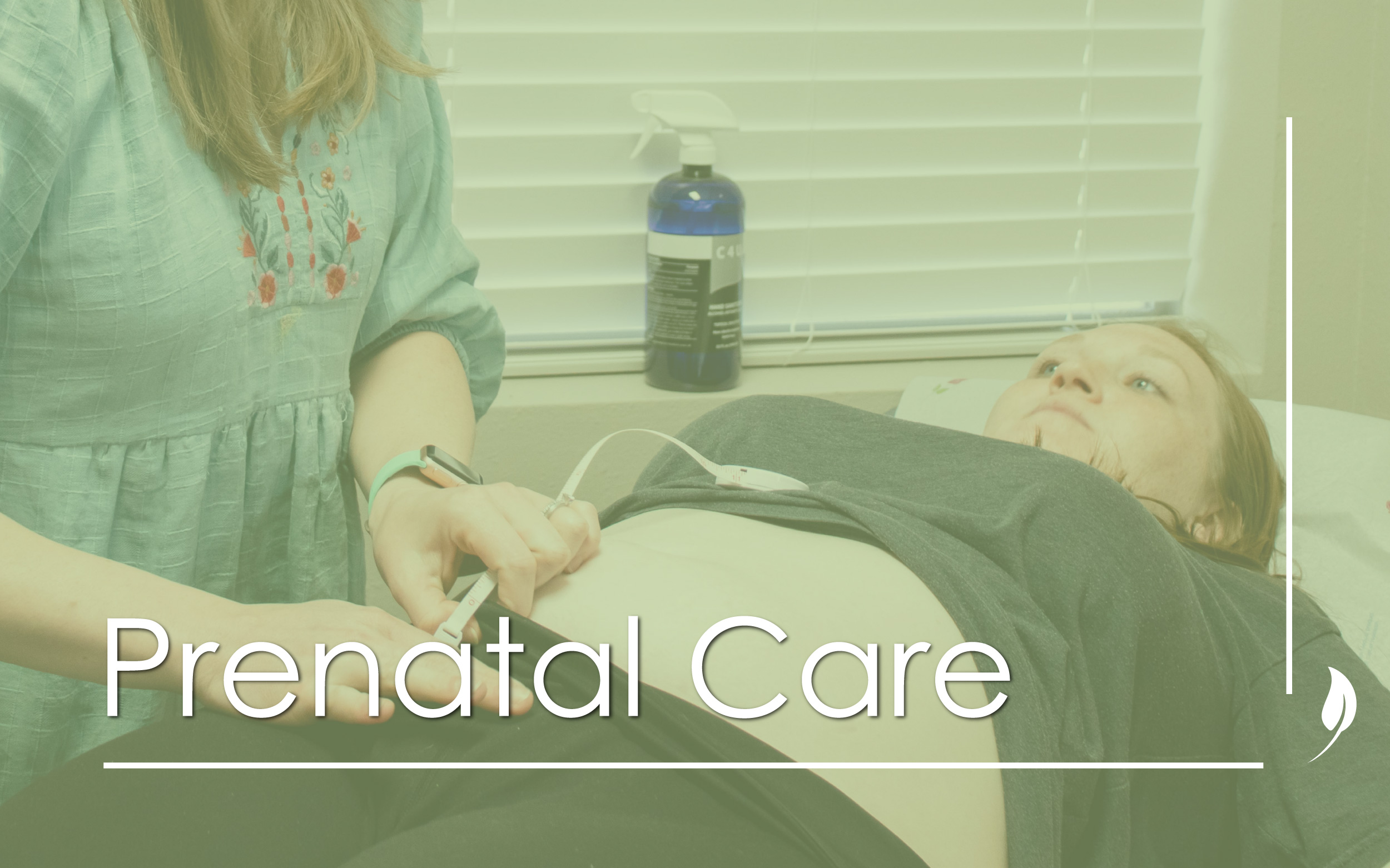Headaches During Pregnancy
Headaches During Pregnancy
You’ll experience A LOT of hormonal changes during pregnancy, and you may face some not-so-fun pregnancy symptoms associated with these changes. These include morning sickness, acid reflux, constipation, and of course, headaches.
Are Headaches Normal During Pregnancy?
While they may be bothersome, headaches during pregnancy are surprisingly common, especially during the first and third trimesters and right around week 9.
As a result of changing physiology during pregnancy, there is an increased blood volume. The headaches are often a consequence of this change. They can also be due to dehydration, sleep deprivation, stress, and low blood sugar.
Most often, headaches are benign and not a cause to worry unless they are associated with high blood pressure, in which case you should refer to your health care provider ASAP. Either way, you should be sure to speak with your health care provider about any changes to your health while pregnant.
Tips For Relieving Headaches:
Get plenty of rest
More often than not, the best remedy to heal your headaches is resting it out. If you’ve been exhausted or sleeping less, take some time to relax and catch up on your sleep.
Use warm compresses on the head, neck, and shoulders
Warm compresses help soothe the inflammation in your blood vessels, easing the headaches. You can use them while you work, drive, or do anything to help you deal with headaches.
Try exercise and relaxation techniques
There are different yoga poses and workouts you can try that might help ease the headaches a little bit. They’re also a good alternative to medicines.
Keep a journal to learn triggers
If you keep a journal of times when your headaches start, you might be able to identify these triggers and avoid them to prevent more headaches from occurring.
Try small amounts of caffeine (with your healthcare provider’s approval)
Some types of headaches may benefit from caffeine. Some may think caffeine isn’t safe during pregnancy, but a general guideline is to keep caffeine intake limited to under 200 milligrams per day. It is always best to ask your health provider if you can take caffeine and take the prescribed dose to see if you feel any better.
Ask your care provider for advice on medicine
If all else fails, ask your doctor or midwife what medicines you can take to feel better.
When To Speak To Your Health Provider?
If your headaches become worse with time and are accompanied by symptoms such as vision changes, seizures, and vomiting, refer to your health provider without delay. These might be signs of preeclampsia, which can be dangerous for both you and your baby.
Headaches are never fun, but much like the rest of early pregnancy symptoms, these too shall pass!















